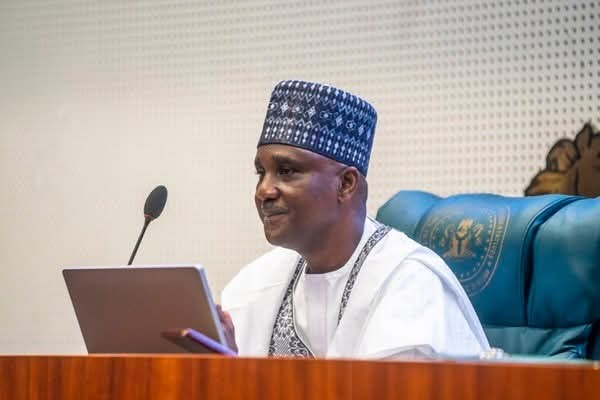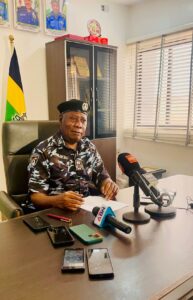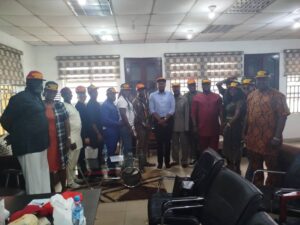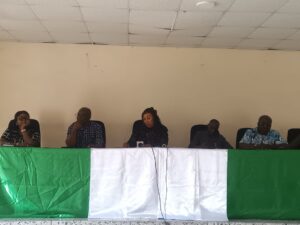Nigeria to power 300 million Africans by 2030 – Speaker Abbas

In a bold push for continental energy leadership, Nigeria has pledged to help provide electricity to 300 million Africans by the year 2030. This announcement was made by the Speaker of Nigeria’s House of Representatives, Hon. Tajudeen Abbas, during the opening ceremony of the First Legislative Conference and Expo on Renewable Energy in Lagos on Monday.
Delivering the keynote address, Speaker Abbas said the country is playing a lead role in the Mission 300 Initiative, a partnership with the World Bank and the African Development Bank to accelerate clean energy access across Africa. “On the continental stage, Nigeria has assumed a leadership role,” Abbas declared. “We are working to provide electricity to 300 million Africans by 2030.” Abbas also praised President Bola Ahmed Tinubu for approving $1 billion in financing for Nigeria’s Rural Electrification Agency in December 2024 a move he described as a game-changer. According to him, $750 million of that fund will go toward solar power access, including the deployment of 124 mini-grids and over 25,000 home solar systems.
The conference, organized by the House Committee on Renewable Energy in collaboration with the United Nations Development Programme (UNDP), spotlighted legislative efforts to drive Nigeria’s clean energy transition. Abbas highlighted reforms by the 10th National Assembly, such as:
Establishing a Standing Committee on Renewable Energy
Eliminating VAT on renewable energy components and CNG technologies
Supporting Nigeria’s Energy Transition Plan toward net-zero emissions by 2060
Backing the Nigeria Carbon Market Activation Policy, launched in March 2025
Speaker Abbas stressed the urgency of transitioning to renewable energy, citing global data that showed over 92% of new power capacity in 2024 came from renewables.
“This is a structural reorientation of the global energy economy,” he said. “Nigeria must align to remain competitive.”
He also called for pan-African cooperation, applauding the presence of fellow lawmakers from across the continent and urging the creation of model legislation and cross-border partnerships.
Chairman of the House Committee on Renewable Energy, Hon. Afam Ogene echoed this sentiment. He warned that Nigeria’s reliance on fossil fuels continues to limit economic growth and emphasized the need to diversify the energy mix.
“The persistent power supply challenges we face are not just technical—they are a barrier to development,” Ogene said.
He added that legislative efforts are underway to transition government agencies to renewable energy and to ensure accountability for past investments in the sector.
Ghana’s First Deputy Speaker, Hon. Bernard Ahiafor, speaking on behalf of Ghana’s Parliament Speaker, praised Nigeria’s leadership and called on African lawmakers to accelerate their countries’ energy transitions.
Quoting figures from IRENA, Ahiafor noted that while 80% of new global power capacity in 2023 came from renewables, over 600 million Africans still lack electricity.
He cited Ghana’s progress in utility-scale solar and favorable policies like net metering and green financing as examples of what’s possible with legislative support.
UNDP Resident Representative, Ms. Elsie Atafuah, delivered a powerful reminder of the stakes.
“The next global powers will be those who master the green value chain,” she said. “Nigeria has what it takes—but it must act with courage, vision, and urgency.”
She reiterated the UN’s support for Nigeria’s energy ambitions through financing models, policy design, and strategic partnerships.
In closing, Speaker Abbas urged participants not to let the momentum fade.
“Let this conference be remembered not just for the conversations it sparked but for the change it inspired,” he said.






